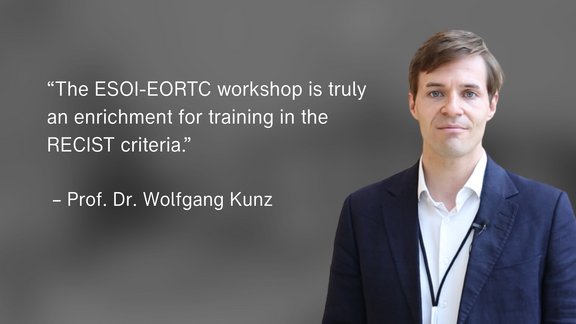Sarcomas are a rare and heterogeneous group of malignant tumors that pose significant challenges in both diagnosis and treatment. Within the framework of the Bavarian Oncological Radiology Network (BORN), efforts are underway to develop standardized reporting templates for sarcomas.
In an interview, Prof. Dr. Wolfgang Kunz from LMU Munich discusses the complexity of creating such templates due to the variety of sarcoma subtypes and anatomical differences. He highlights the need for tailored templates and emphasizes the importance of standardized data collection and reporting



